September 10th, 2025, 2pm: Talk given by Prof. Gilbert Weidinger, University of Ulm. Title: „Regeneration in the face of DNA stress“
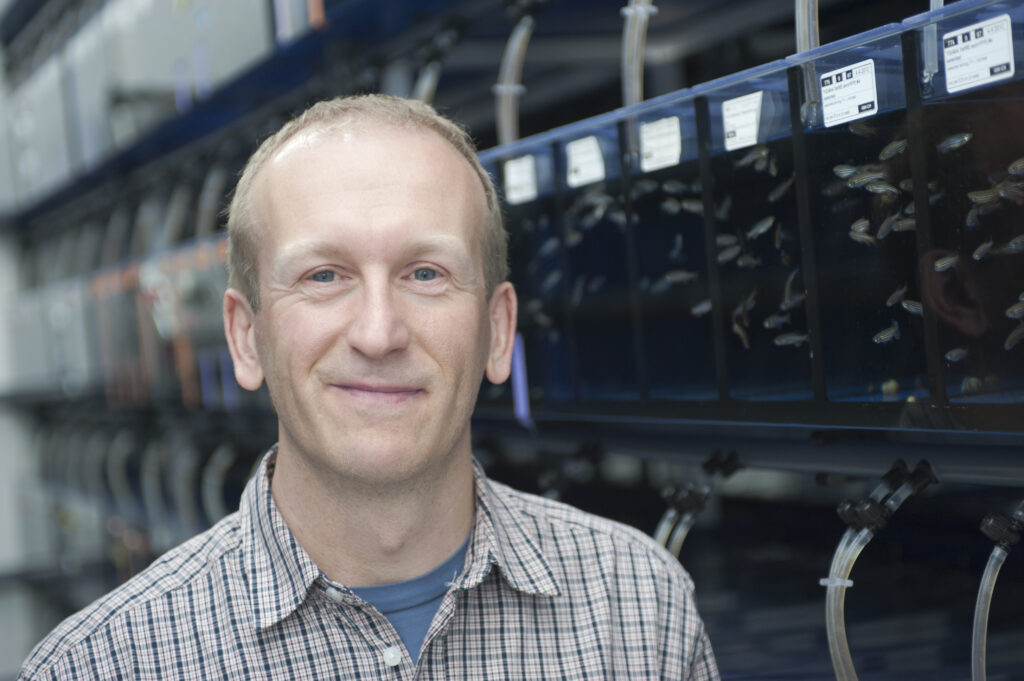
September 3rd, 2025, 2pm: Talk given by Prof. Oliver Gruss, University of Bonn. Title: „Beyond Belief? Microtubules in human cell nuclei as regulators of chromatin architecture and function“
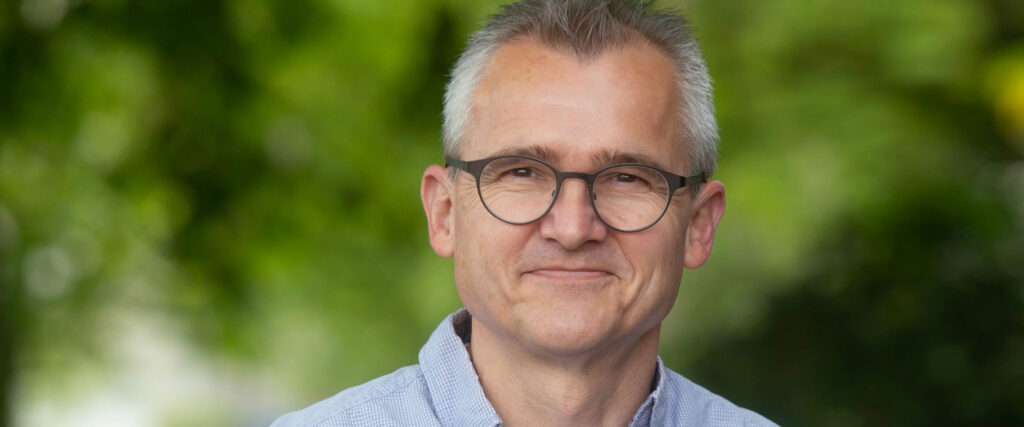
November 24-25, 2025: Round Table Discussion meeting on „Genome Dynamics“, organized by the FOR2800 and KFO5002, Alte Sternwarte, Göttingen
June 18th, 2025, 2pm: Zoom Talk given by Dr. Stephan Hamperl, Helmholtz Center Munich. Title: „Conflict Resolution in the Genome – how transcription and replication make it work“
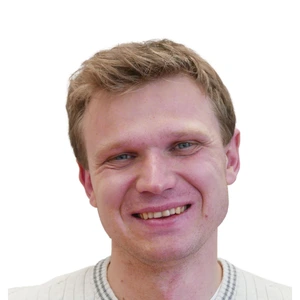
Sept. 10th, 2024, 2pm: Talk given by Professor Boris Pfander, TU Dortmund, title: „Control of DSB repair pathway choice by chromatin and the cell cycle“
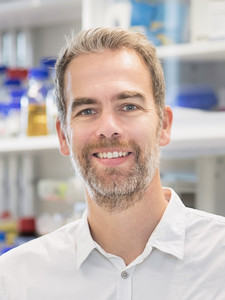
May 15-17, 2024: FOR2800 Retreat 2024 at Kloster Schmerlenbach
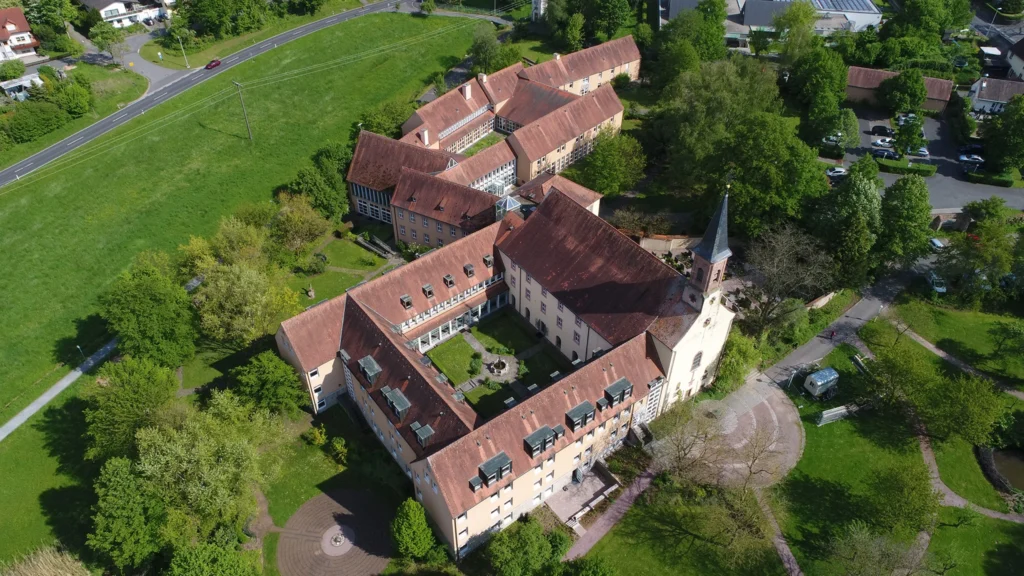
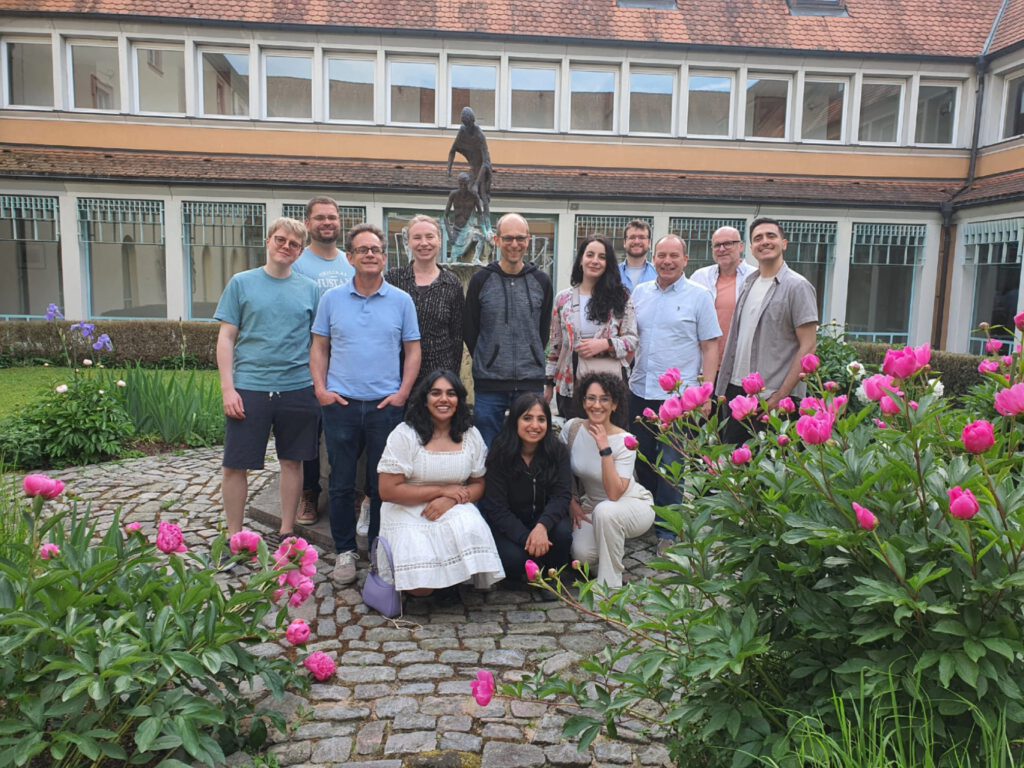
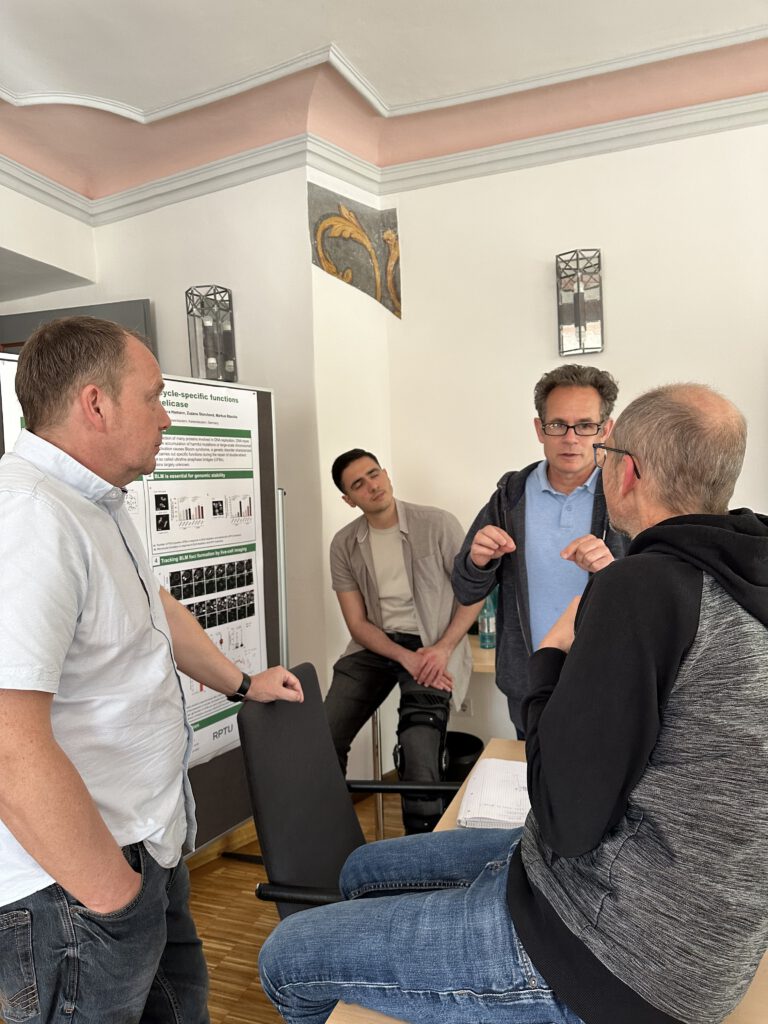
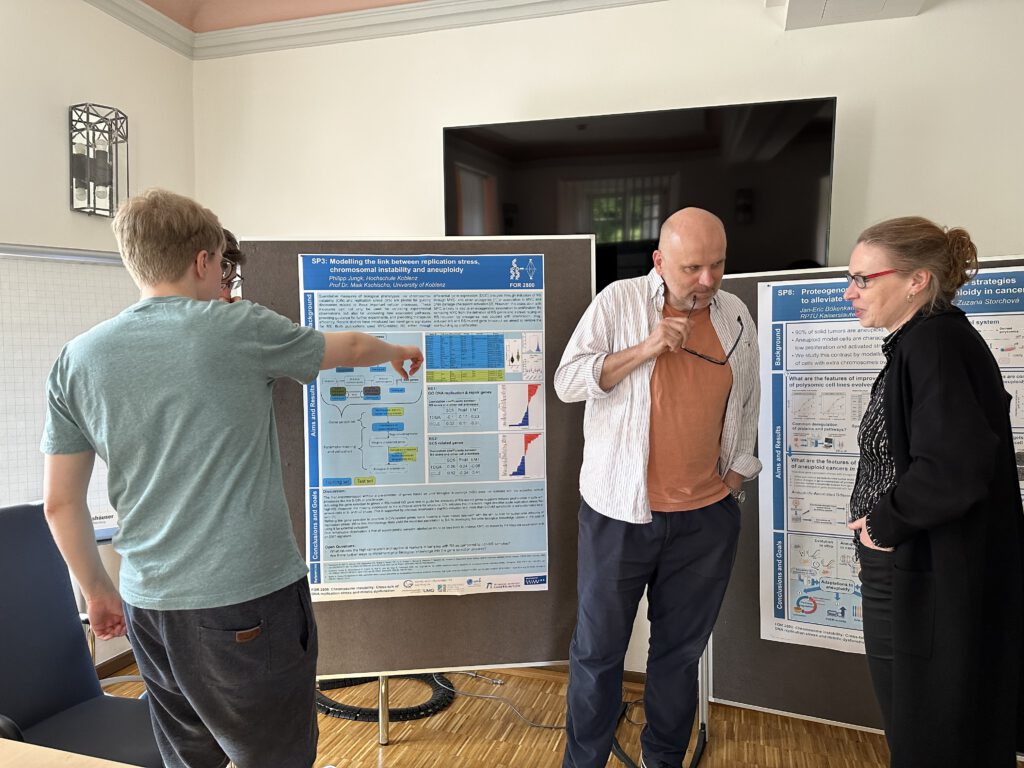
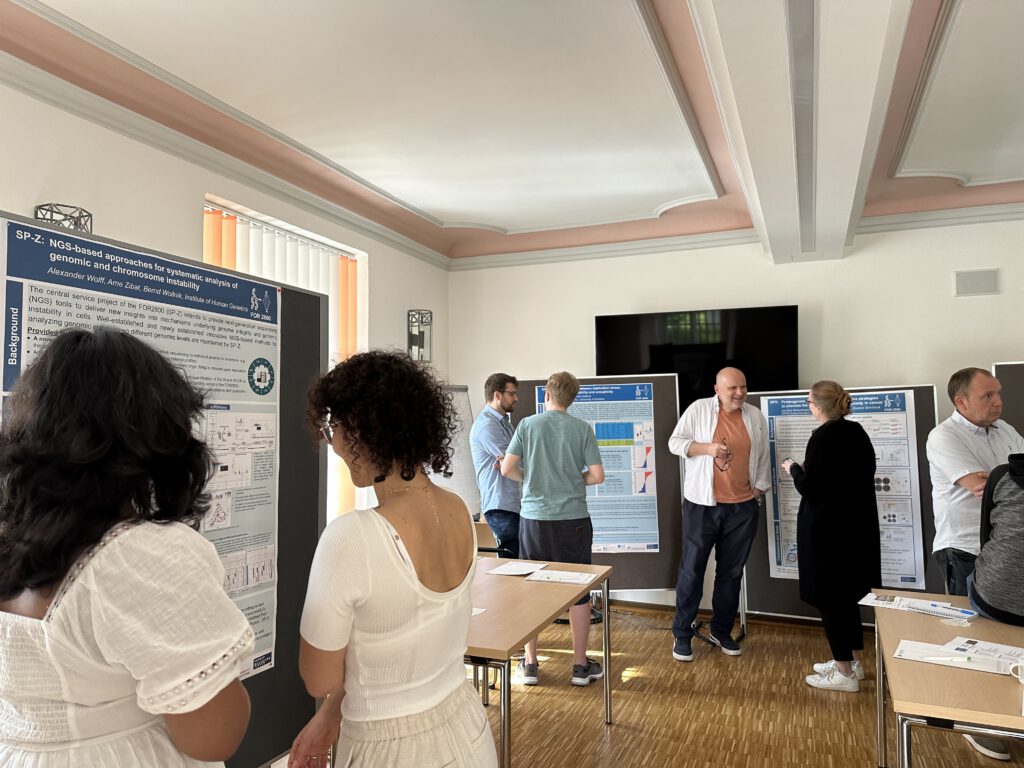
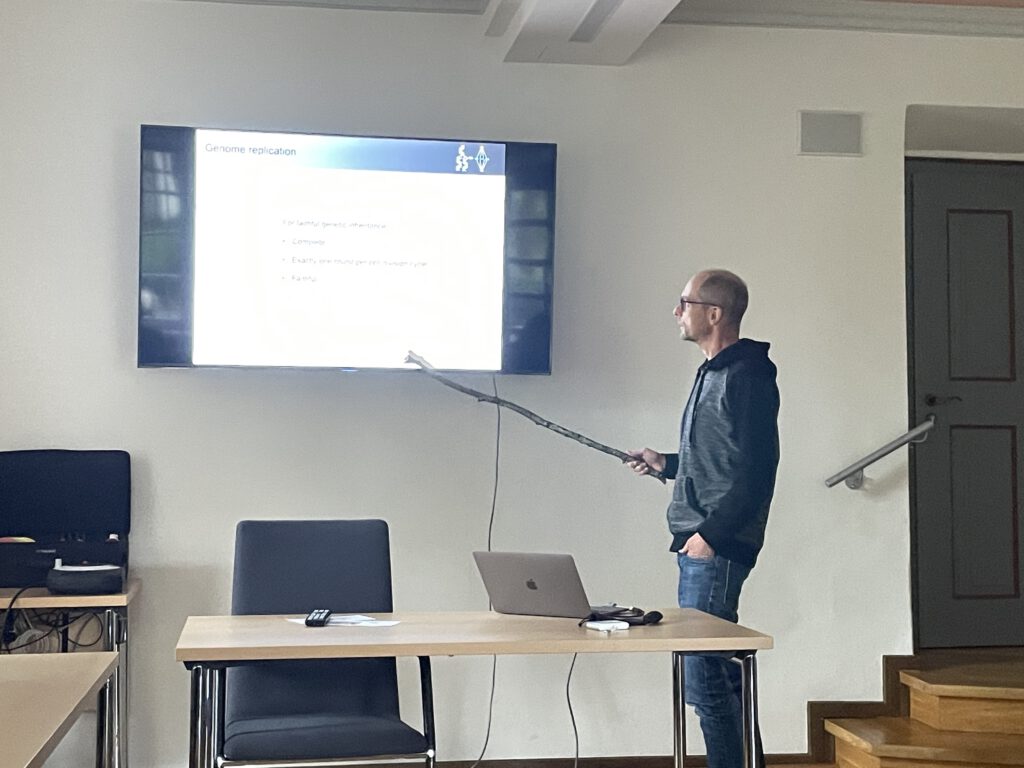
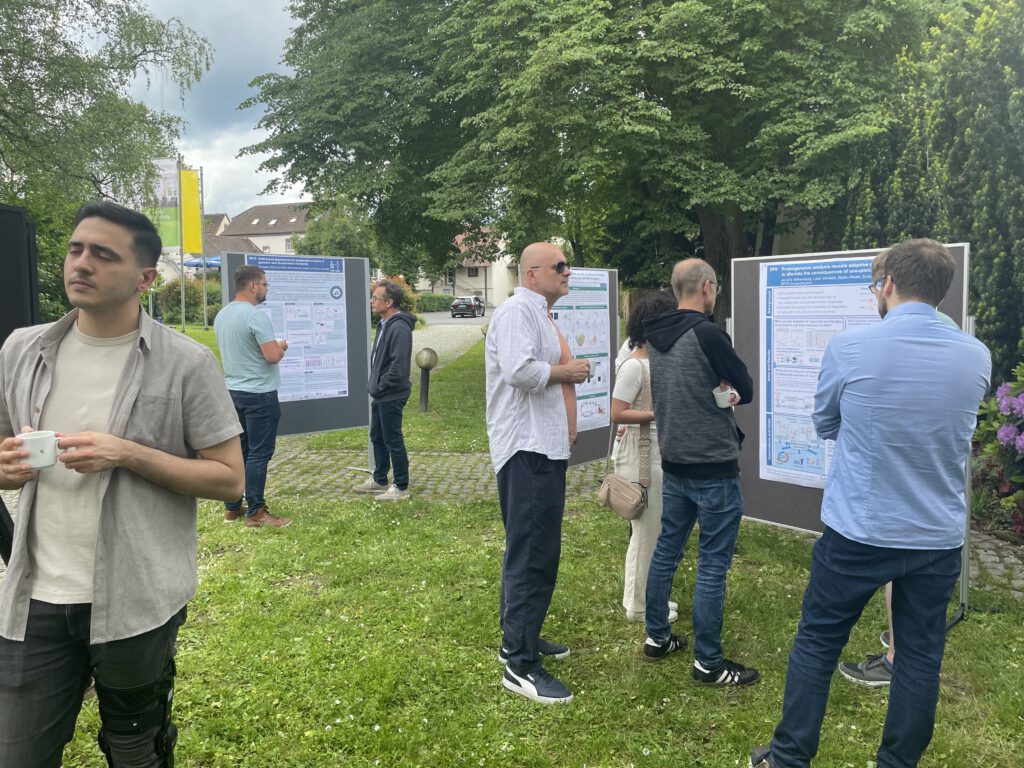
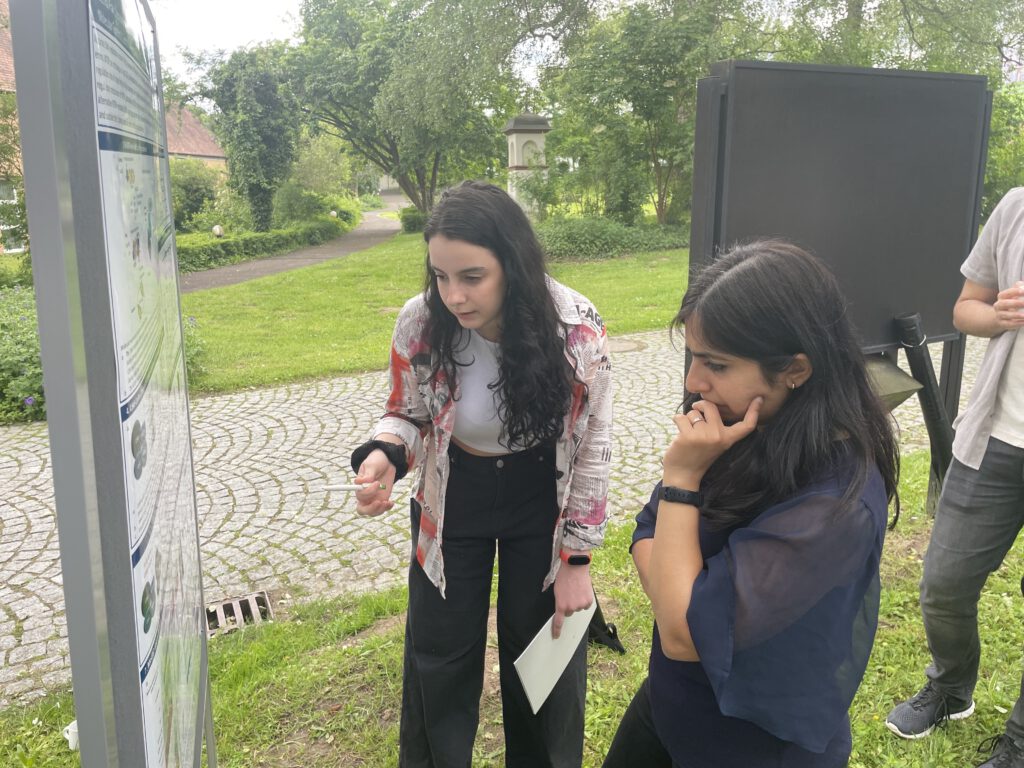
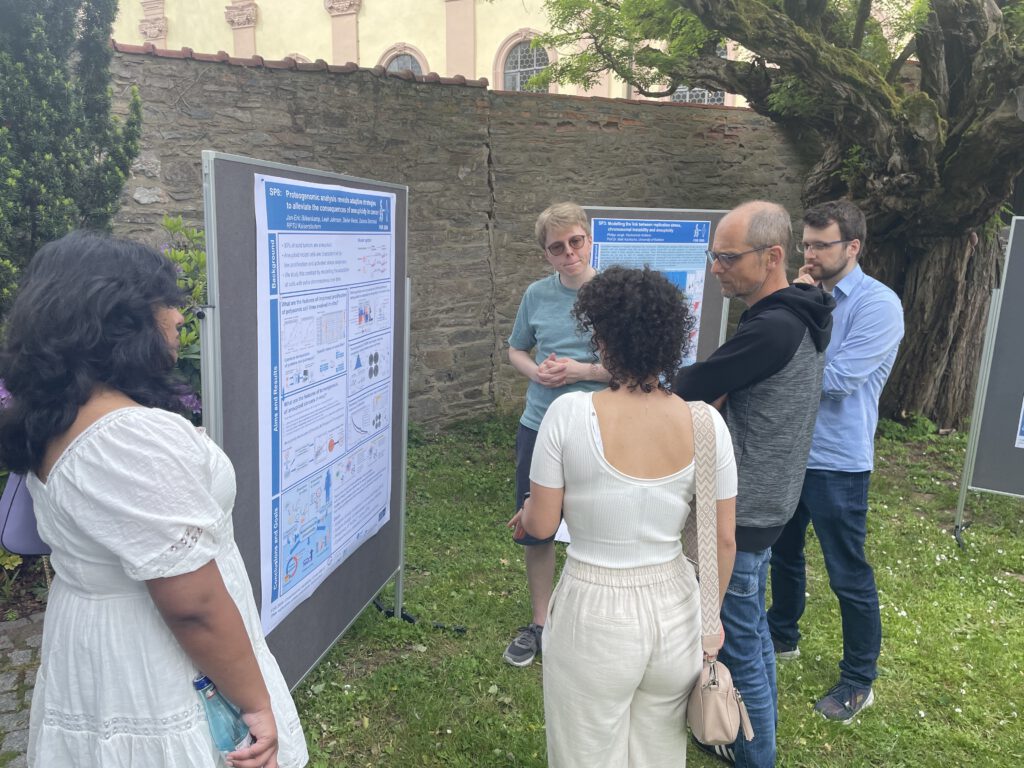
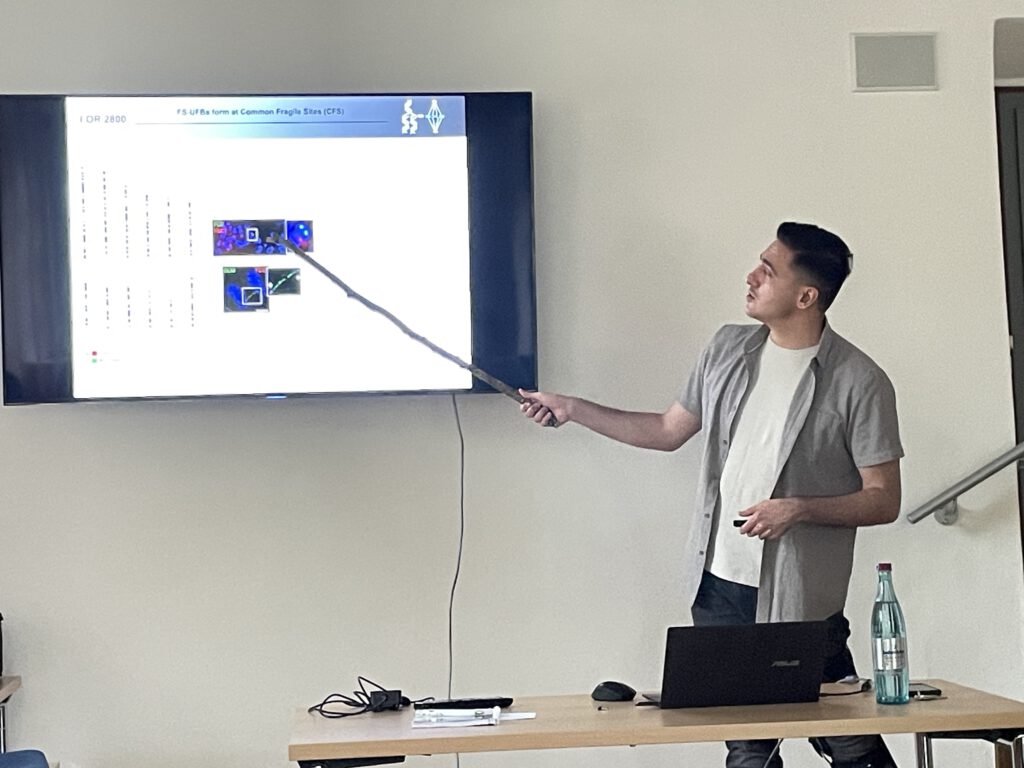
May, 29th, 2024 – 3pm: Talk by Professor Kirsten Sadler (New York University, Abu Dhabi) via Zoom entitled: „Replication stress in development and cancer: Insights from zebrafish“
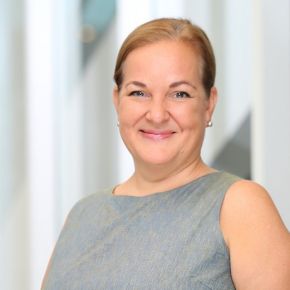
Replication stress in development and cancer: Insights from zebrafish
Coordinating epigenomic inheritance and cell cycle progression is essential for organogenesis. UHRF1 connects these functions during development by facilitating maintenance of DNA methylation and cell cycle progression. Here, we provide evidence resolving the paradoxical phenotype of uhrf1 mutant zebrafish embryos which have activation of pro-proliferative genes and increased number of hepatocytes in S-phase, but the liver fails to grow. We uncover decreased Cdkn2a/b and persistent Cdk4/6 activation as the mechanism driving uhrf1 mutant hepatocytes into S-phase. This induces replication stress, DNA damage and Atr activation. Palbociclib treatment of uhrf1 mutants prevented aberrant S-phase entry, reduced DNA damage, and rescued most cellular and developmental phenotypes, but it did not rescue DNA hypomethylation, transposon expression or the interferon response. Inhibiting Atr reduced DNA replication and increased liver size in uhrf1 mutants, suggesting that Atr activation leads to dormant origin firing and prevents hepatocyte proliferation. Cdkn2a/b was downregulated pro-proliferative genes were also induced in a Cdk4/6 dependent fashion in the liver of dnmt1 mutants, suggesting DNA hypomethylation as a mechanism of Cdk4/6 activation during development. This shows that the developmental defects caused by DNA hypomethylation are attributed to persistent Cdk4/6 activation, DNA replication stress, dormant origin firing and cell cycle inhibition.
March, 7th, 2024, 10am: Talk by Professor Masato Kanemaki (Tokyo, Japan) via Zoom, entiteld: „Exploring human DNA replication with an improved auxin-inducible degron technology“
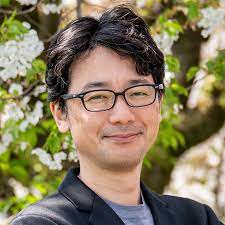
To find out more about Professor Kanemaki click on the Picture.
Professor. Kanemaki received his Ph.D. in 2001 from Chiba University in Japan. He then moved to the CRUK Manchester Research Institute to study with Prof. Karim Labib and used a ts-degron technology to study all essential genes of previously unknown function in budding yeast. In 2006, he moved to Osaka University as an Assistant Professor, where he developed the auxin-inducible degron for use in animal cells. In 2010, he moved to National Institute of Genetics, first as an Associate Professor and then from 2016 as a full professor. His group has applied the degron technology to many areas of cell biology, focussing on chromosome replication in his own group. In 2022, Masato became a Professor at the University of Tokyo, whilst still keeping his lab at National Institute of Genetics.
February, 7th 2024 – 3pm : Talk by Professor Kundan Sengupta (Pune, India) via Zoom, entiteld „Role of nuclear lamins in regulating chromosomal instability in cancer cells“

For more Information about Professor Kundan Sengupta and his Team click the picture above.
Read the following Abstract from Prof. Sengupta to get more Informations about his upcoming Talk:
Role of nuclear lamins in regulating chromosomal instability in cancer cells
Kundan Sengupta
Chromosome Biology Lab (CBL), Indian Institute of Science Education and Research (IISER),
Pune, INDIA
Lamins are type V intermediate filament proteins crucial for maintaining the structure and
func7on of the nucleus. When lamins are depleted, nuclear morphology is significantly
altered. Furthermore, loss of lamins also causes chromosomal gains. These aneuploid
chromosome territories show altered localization in the interphase nucleus, indicating that
lamins not only maintain nuclear morphology but also stable chromosomal organization and
function. This is consistent with increased chromatin dynamics in cells where lamins are
depleted. Interestingly, overexpression of the transcription factor Twist1, which usually
induces Epithelial-Mesenchymal Transitions (EMT), decreases lamin levels accompanied by
an increase in nuclear blebs, micronuclei, and DNA damage in colorectal cancer cells. On the
other hand, depletion of the Lamin B receptor (LBR), a direct interactor of B-type lamins,
reveals a specific pattern of chromosomal losses that are consistently enriched within the
micronucleus. In marked contrast, the depletion of the Lamin B receptor (LBR) – a direct
interactor of B-type lamins, uncovered a specific pattern of chromosomal losses that were
not only mislocalized in the 3D interphase nucleus but were enriched within nuclear blebs
and micronuclei. We uncovered a novel mechanism involving LBR and the Telomere
Recognition Factor (TRF) in the maintenance of diploid chromosome numbers in colorectal
cancer cells. In conclusion, lamins play an essential role in protecting nuclear organization,
chromosomal stability, and genome function, involving novel partners of the lamin
interactome.
FOR 2800 Progress Reports 2024
via Zoom, every 2nd Tuesday of the month, 2pm
| 09.01.2024 | SP6 (Räschle lab) |
| 7.2.24, 3pm | FOR2800 Zoom talk: Prof. Kunadan Sengupta, IISER, Pune, India |
| 13.02.2024 | SP8 (Storchova lab) |
| 12.03.2024 | SP9 (Boos lab) |
| 09.04.2024 | SP1 (Beli lab) |
| 15. – 17.5.24 | FOR2800 Retreat |
| 10.09.2024 | SP2 (Bastians lab) |
| 12.11.2024 | SPZ (Wollnik lab) |
| 10.12.2024 | SP3 (Kschischo lab) |
